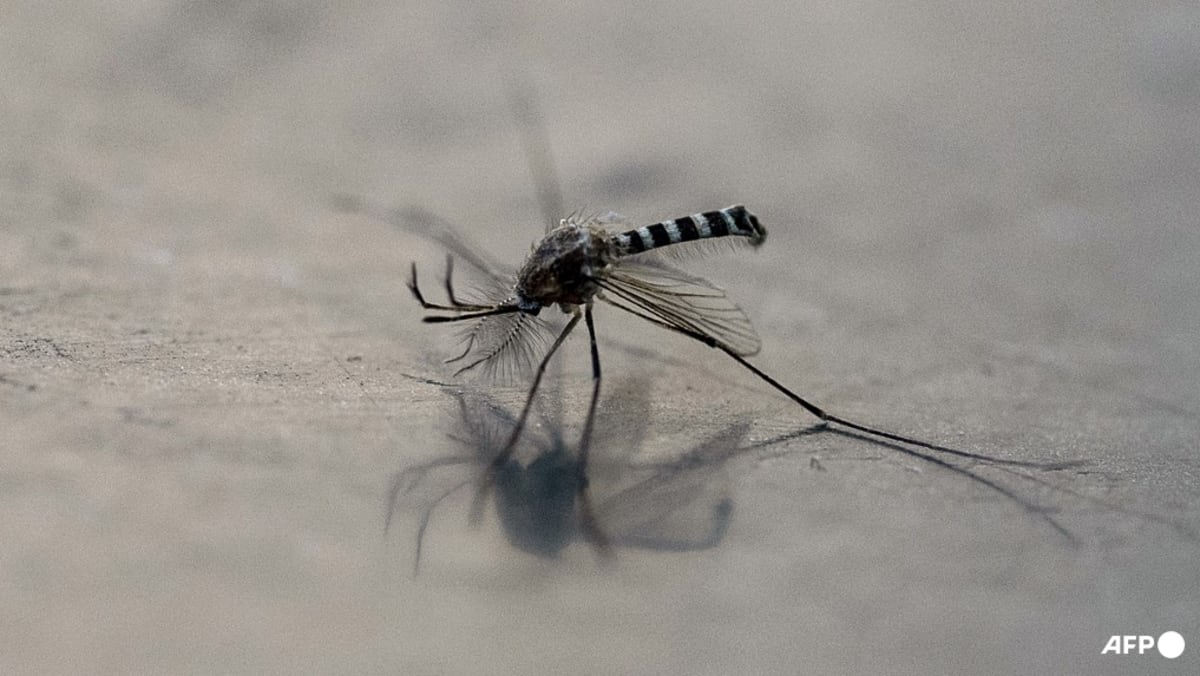WHAT ARE THE HEALTH RISKS OF ZIKA?
The CDA said there is currently no evidence that pregnant women are more likely to get a Zika virus infection.
However, Zika infection during pregnancy can cause serious birth defects such as microcephaly. Babies with microcephaly usually have smaller heads than usual, and smaller brains that did not develop properly, said the CDC.
“Zika virus infection during pregnancy can cause birth defects of the brain or eye. These birth defects can occur alone or with developmental problems in a particular pattern called congenital Zika syndrome,” said the CDC.
Apart from microcephaly, a baby with congenital Zika virus infection may also have:
- Problems with brain development
- Feeding problems, such as difficulty swallowing
- Hearing loss and vision problems
- Seizures
- Decreased joint movement
- Stiff muscles, which impair movement
“Not all babies born with congenital Zika syndrome will have all of these conditions,” said the CDC. “Some infants who do not have microcephaly at birth may develop it later. In addition, some babies might look healthy at birth but can develop long-term health problems as they grow.”
Zika infection in pregnancy can also cause complications such as foetal loss, stillbirth and pre-term birth.
In adults and children, Zika infection has been found to be strongly associated with Guillain-Barre syndrome (GBS), an uncommon sickness in which a person’s own immune system damages their nerve cells, causing muscle weakness and sometimes paralysis. These symptoms can last for a few weeks or several months.
However, only a small proportion of people with recent Zika infection get GBS, the CDC said. Most people fully recover from GBS, though some may have permanent damage.
“Very few people die from GBS caused by Zika infection,” it said.
CDC added that in rare cases, Zika may cause severe disease affecting the brain, causing swelling of the brain (encephalitis), tissues around the brain (meningitis) or spinal cord (myelitis). Zika may also cause a blood disorder which can lead to bleeding, bruising or slow blood clotting.
PREVENTING ZIKA TRANSMISSION
As Zika is primarily spread through the bites of Aedes mosquitoes, measures taken to combat dengue and prevent the breeding of mosquitoes remain the most effective ways to limit Zika infections.
CDA advises members of the public to take protective measures such as removing stagnant water at home and workplaces to prevent mosquito breeding.
People can also apply insect repellent and wear long, covered clothing. They can also sleep under mosquito nets or in rooms with wire-mesh screens or air-conditioned rooms to keep mosquitoes at bay.
Those who are infected are advised to either abstain from sexual intercourse temporarily, or to practice safer sex through the use of condoms.
